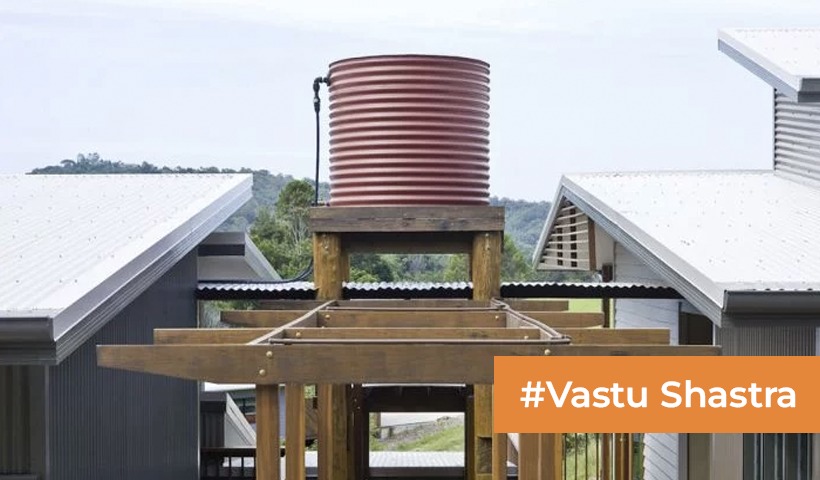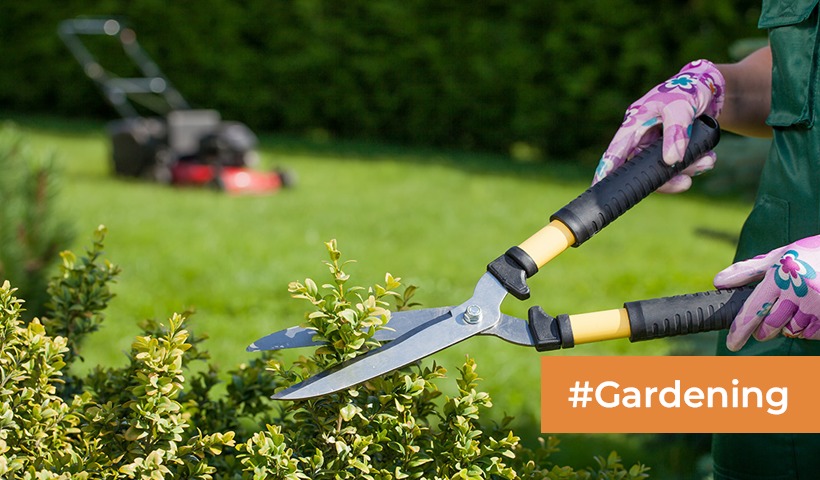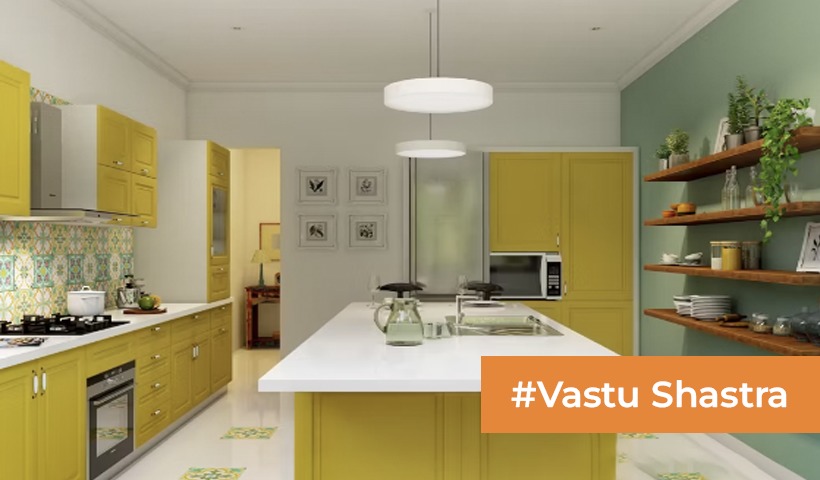A Guide to Kitchen gardening for beginners
Many city dwellers are increasingly eager to produce their veggies at home to consume organic and healthful meals.
As a result, to accommodate small kitchen gardens, homeowners are turning to balconies and window sills. “I started two years ago, with just a few basic herbs and later, I began loving kitchen gardening,” Meera Chavan, a Mumbaikar, says of her balcony garden. The fresh chutney of home-grown mint and curry leaves in sambar was a hit with my family. Chilies, methi, beans, okra, tomato, karela, and cucumbers are now among my crops. It’s not difficult to set up a kitchen garden; all it takes is a little patience and some upkeep.”
What is Kitchen Garden?
It’s a garden where you cultivate your food for consumption, such as herbs, vegetables, and fruits. A kitchen garden can be put up on window sills, balconies, vertical walls, or any other available space. With a little forethought, edible container gardens may be created. Begin by growing foods that you enjoy eating.Leafy greens like water leaf spinach and Malabar spinach, as well as basil and lemongrass, are easy to grow and abundant in nutrients. Fenugreek, spinach, tomatoes, chilies, and black-eyed peas (chowli) are examples of easy-to-grow vegetables and fruits.
Points to consider while setting up your Kitchen Garden
- Plants thrive when nutrients are available in the soil. To boost the soil’s quality, add organic compost prepared from tea compost or vegetable peels.
- Excessive watering of the plants is not recommended. If the soil is dry, moisten it with just enough water to keep it moist.
- Plants should be watered in the morning or evening. In the heat of the day, don’t allow the water to evaporate. Gently sprinkle water on the growing seedlings.
- To stimulate faster new growth, remove dried, wilting leaves and blossoms.
- Excessive fertilizer application can damage the soil, root system, and foliage. To maintain the plants healthy, use fertilizers in the prescribed amounts.
- When it comes to insect invasions, one must be vigilant. To keep pests at bay, spray neem oil.
- Purchase a shovel and a garden fork for excavating the dirt before planting the greens.
- Choose pots large enough to hold a fully developed plant.
- Learn more about kitchen gardens by doing some research. There is a wealth of material, as well as do-it-yourself instructions, available on the internet.
Organic kitchen gardening or urban farming not only provides fresh, pesticide-free food to homeowners, but the process may also be soothing. Gardening is beneficial to our health since it is a peaceful hobby that may help us overcome anxiety. It may also be a fun family activity for youngsters to help them deal with boredom while also improving their motor skills. Recycling and painting old pots, containers, plastic bottles, milk cartons, and other items to use as planters are other options.
Disclaimer: The views expressed above are for informational purposes only based on industry reports and related news stories. PropertyPistol does not guarantee the accuracy, completeness, or reliability of the information and shall not be held responsible for any action taken based on the published information.




